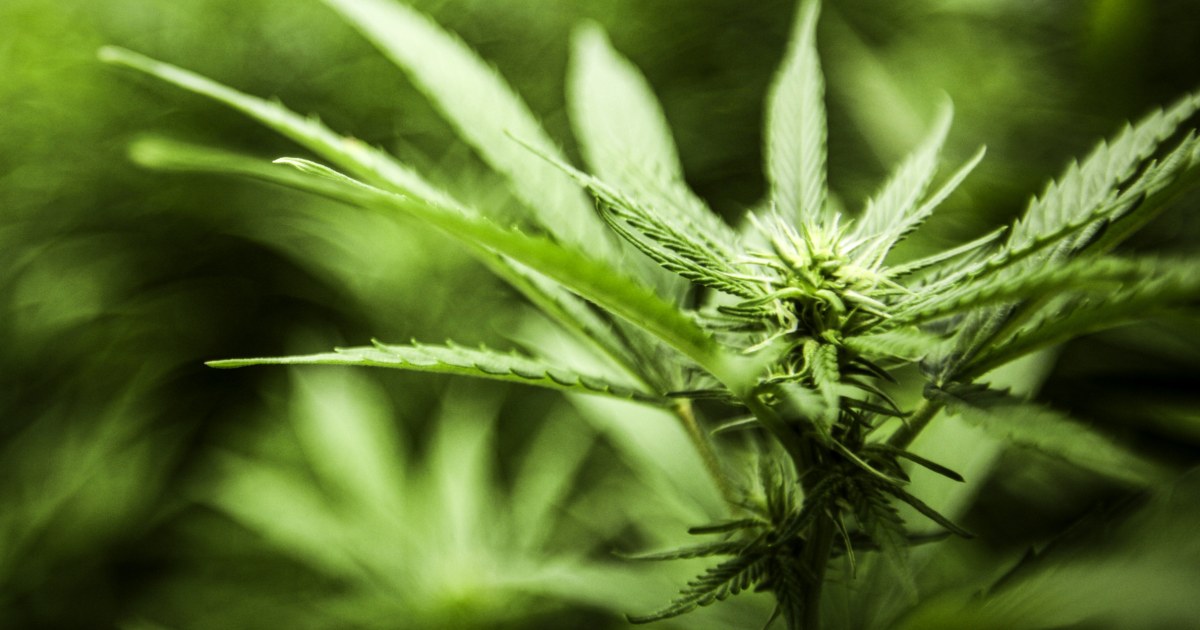
The Drug Enforcement Administration (DEA) and the Department of Justice (DOJ) are considering reclassifying marijuana from a Schedule I to a Schedule III drug. This recommendation, if accepted, would recognize the potential medical benefits of cannabis and make it easier for researchers to study its properties.
Marijuana has been classified as a Schedule I drug since 1970, which means it is considered to have no accepted medical use and a high potential for abuse. However, federal scientists have concluded that marijuana provides medical benefits with lower health risks than other controlled substances. The DEA's recommendation would place marijuana in the same category as drugs like ketamine, anabolic steroids, and testosterone.
The reclassification process involves several steps. First, the DOJ will submit a recommendation to the White House Office of Management and Budget (OMB). After OMB review and approval, the DEA will publish a notice in the Federal Register announcing its intent to reschedule marijuana. There will be a public comment period and an opportunity for Congressional Review Act action before any final decision is made.
The potential benefits of this change are significant. Marijuana legalization has led to a booming industry, with roughly $35 billion in sales in 2023. Reclassifying marijuana as a Schedule III drug would make it easier for researchers to study its medical applications and potentially lead to new treatments and therapies.
However, existing state legalization laws will continue to be in conflict with federal regulations, perpetuating the divide between state and federal marijuana policies. The SAFER Banking Act and HOPE Act are currently being considered in Congress to address some of these issues by allowing financial institutions to provide services to marijuana businesses operating in states where it is legal.
The Biden administration's decision to reclassify marijuana represents a major shift in federal drug policy, one that could have far-reaching implications for the cannabis industry and medical research. It remains to be seen how this change will unfold and what impact it will have on the ongoing debate over marijuana legalization.


